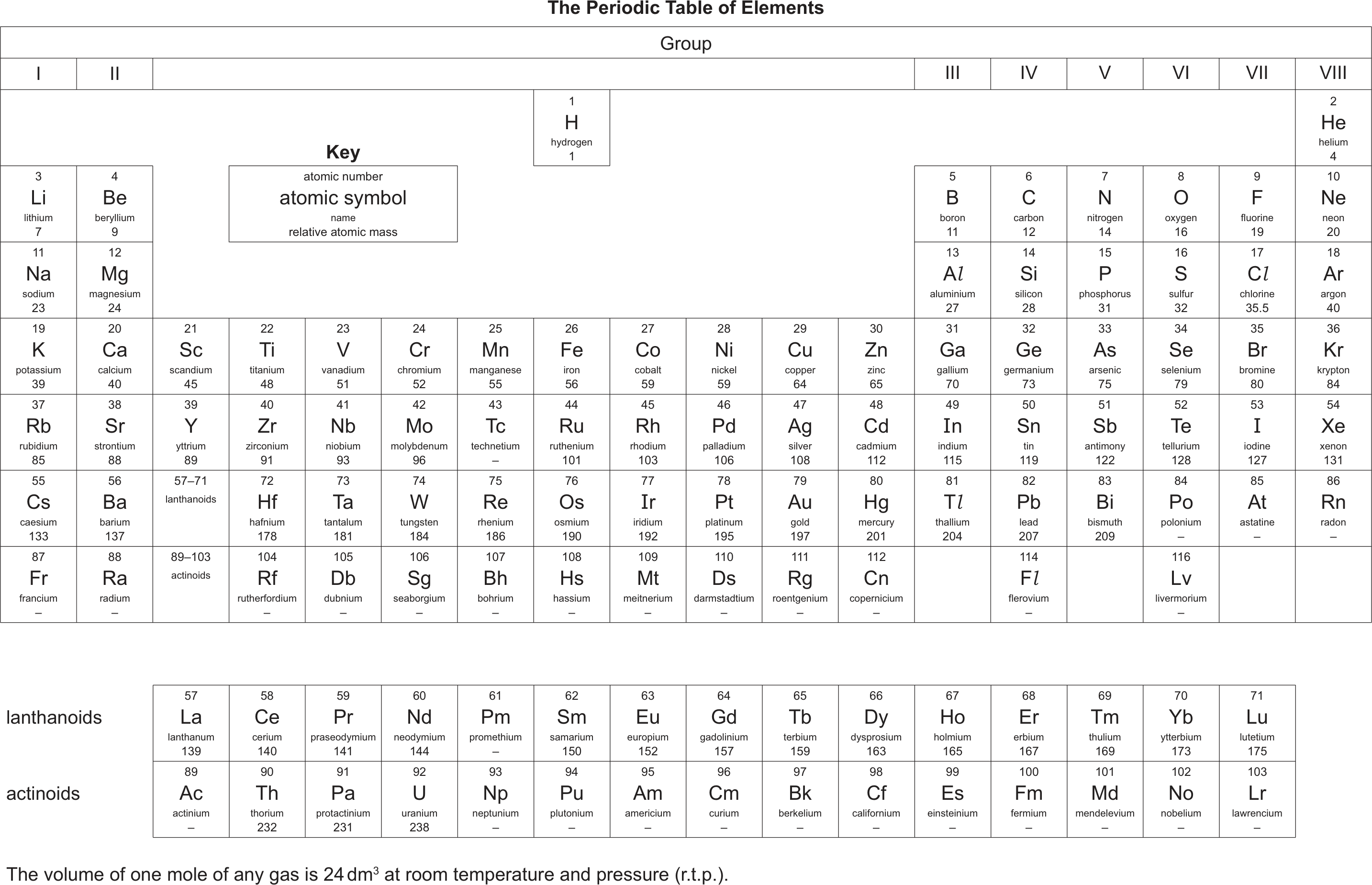recall the reactions (reagents and conditions) by which alcohols can be produced: (a) electrophilic addition of steam to an alkene, \( H_2O(g) \) and \( H_3PO_4 \) catalyst (b) reaction of alkenes with cold dilute acidified potassium manganate(VII) to form a diol (c) substitution of a halogenoalkane using NaOH(aq) and heat (d) reduction of an aldehyde or ketone using NaB\(_4\) or LiAl\(_4\) (e) reduction of a carboxylic acid using LiAl\(_4\) (f) hydrolysis of an ester using dilute acid or dilute alkali and heat
describe the following nucleophilic substitution reactions: (a) the reaction with NaOH(aq) and heat to produce an alcohol (b) the reaction with KCN in ethanol and heat to produce a nitrile (c) the reaction with \( NH_3 \) in ethanol heated under pressure to produce an amine (d) the reaction with aqueous silver nitrate in ethanol as a method of identifying the halogen present as exemplified by bromoethane


